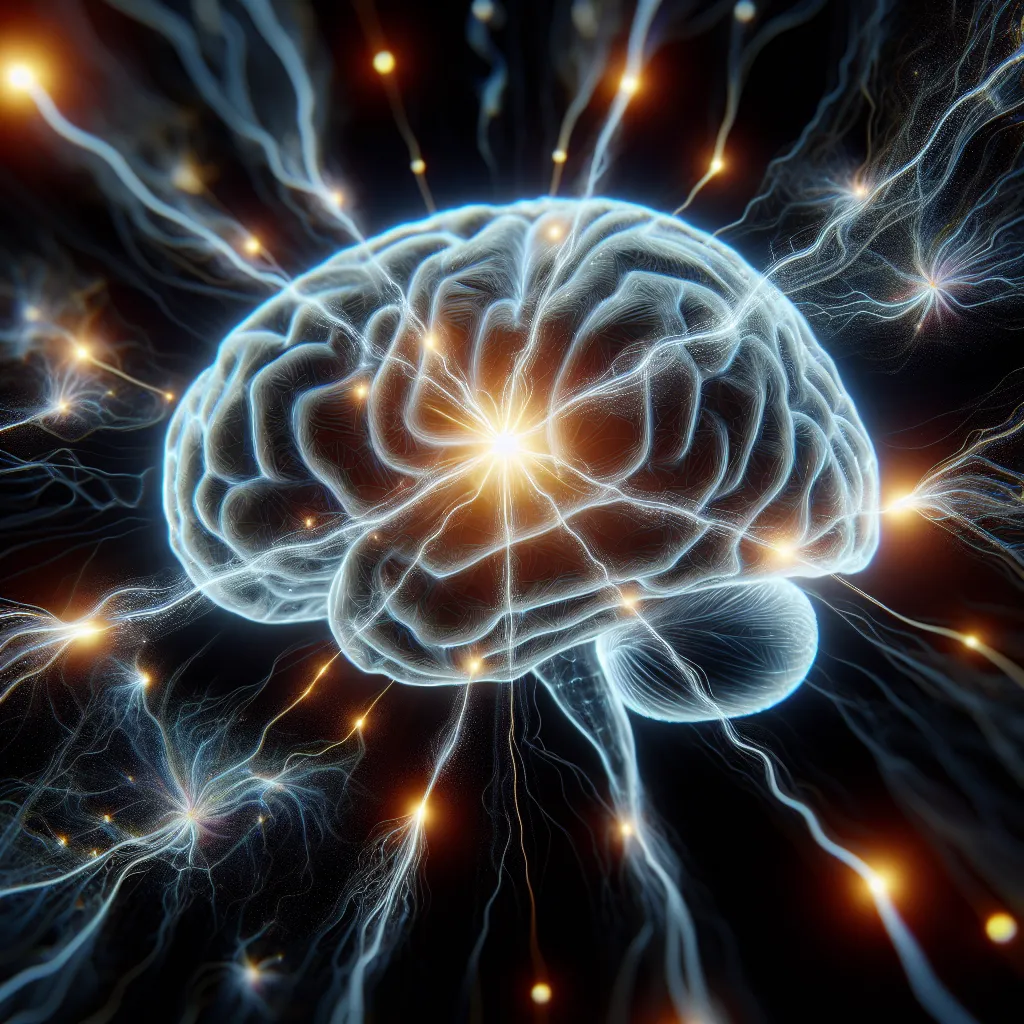The landscape of mental health treatment could be on the cusp of a radical transformation. Psychedelic-assisted therapy, a term that may evoke images of the ’60s counterculture, is emerging from the shadows of taboo into the bright light of mainstream medicine. This therapeutic approach combines the use of substances like psilocybin—the active compound in magic mushrooms—and MDMA, more commonly known as ecstasy, with psychotherapy to treat a range of mental health conditions.

Psychedelics and Psychotherapy: A New Union
Psychedelics, historically associated with recreational use and spiritual awakening, are now revealing their therapeutic potential. In the context of psychotherapy, these substances are being studied for their ability to catalyze profound psychological changes. Psychedelic drugs are unique in their ability to induce states of altered perception, thought, and feeling that are not commonly experienced outside of dreams or spiritual exaltation. The therapeutic implications of these effects are immense and have caught the attention of medical researchers worldwide.
Groundbreaking Research and Findings
Recent studies have focused on two primary substances: psilocybin and MDMA. Researchers at institutions such as Johns Hopkins University and Imperial College London have been at the forefront, conducting in-depth research into these compounds. Preliminary findings are promising, suggesting that when paired with therapy, these psychedelics can offer significant relief from mental health conditions.
One pivotal study, published in Nature Medicine, examined 91 participants with severe, treatment-resistant PTSD. Nearly 90% of those who received MDMA-assisted therapy experienced a clinically significant reduction in symptoms, and 67% no longer met the criteria for PTSD following treatment. These results are remarkable compared to the outcomes of conventional therapies for PTSD, which can often have high dropout rates and less effective results.
Another area of psychedelic research has been in the treatment of depression and anxiety, particularly in patients with life-threatening cancer diagnoses. Studies have shown that a single dose of psilocybin, coupled with therapy, can lead to substantial decreases in depression and anxiety that last up to 12 months post-treatment.
For a deeper dive into the research on psilocybin and its potential for treating depression, readers can explore the work of the Usona Institute, which is actively investigating this compound for therapeutic use.
The Regulatory Landscape and FDA’s Stance
The question that looms large is whether the Food and Drug Administration (FDA) will approve substances with a history of recreational use for medical purposes. The answer is cautiously optimistic. The FDA has already granted “Breakthrough Therapy” designation to MDMA for PTSD and psilocybin for treatment-resistant depression, indicating that these treatments may offer significant advantages over existing therapies.
In fact, the approval of esketamine, a derivative of ketamine known recreationally as “Special K,” for treatment-resistant depression in 2019, has paved the way for the acceptance of psychedelic-assisted therapies in the medical community. The FDA’s openness to such treatments suggests a growing recognition of their potential benefits when used responsibly within a therapeutic context.
Training and Administration: Ensuring Safe and Effective Treatment
The administration of psychedelic-assisted therapy is not as straightforward as taking a pill for a headache. It requires a carefully controlled “set and setting,” encompassing the patient’s mindset and the physical and interpersonal environment during treatment. Therapists undergo extensive training to guide patients through the profound experiences facilitated by these substances.
The Multidisciplinary Association for Psychedelic Studies (MAPS) has developed a comprehensive training program for MDMA-assisted therapy, ensuring that therapists are well-equipped to administer these treatments safely and effectively.

The Promise and the Path Forward
Psychedelic-assisted therapy represents a paradigm shift in the treatment of mental health conditions, offering hope to those who have not found relief through conventional treatments. As research continues to unfold, the medical community is cautiously optimistic about the potential of psychedelics to treat conditions such as PTSD, depression, anxiety, and addiction.
As we stand on the precipice of a new era in mental health treatment, it is crucial to continue rigorous research and thoughtful consideration of the implications of bringing these powerful substances into a clinical setting. For those interested in the ongoing evolution of this field, resources like the Psychedelic Science Review offer in-depth scientific analyses and updates on the latest research.
Navigating the Future of Psychedelic Medicine
While the resurgence of interest in psychedelic medicine is promising, it is accompanied by considerations of accessibility, cost, and equitable distribution. Ensuring that these therapies, once approved, are available to the diverse populations that could benefit from them is a challenge that researchers, healthcare providers, and policymakers must address.
Furthermore, the novelty of psychedelic-assisted therapy means that insurance coverage and cost-effective treatment protocols will need to be established. For those interested in the economic aspects of psychedelic medicine and its potential impact on healthcare costs, the Health Economics of Psychedelics website provides valuable insights.
Conclusion
The convergence of psychedelics and psychotherapy is an exciting frontier in mental health treatment. As we continue to explore the therapeutic potential of substances like MDMA and psilocybin, the promise of more effective treatments for some of today’s most challenging mental health conditions inches closer to reality. With careful research, ethical considerations, and a commitment to patient safety, psychedelic-assisted therapy may soon become an integral part of our mental health treatment arsenal.

